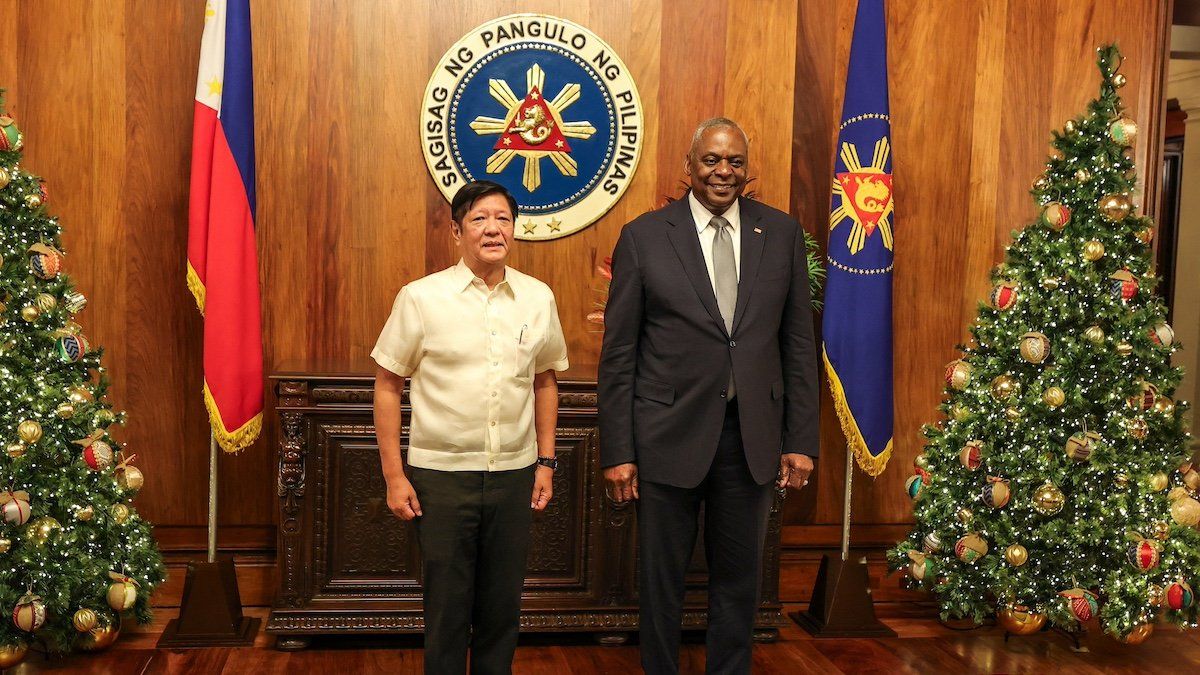Manila’s top defense official Gilberto Teodorosigned a treaty with the US on Monday that will allow the Philippines to access more closely-held military intelligence and purchase more advanced technology to defend itself from China. US Defense Secretary Lloyd Austin said the agreement was meant to display Washington’s commitment, saying, “We are more than allies. We are family.”
Unlike some other US allies, Manila feels quite confident that its relationship with Washington will stay strong under incoming President Donald Trump. Trump and Filipino President Ferdinand Marcos, Jr. spoke over the phone on Tuesday about strengthening the alliance, which Marcos said was “very productive.”
Trump is pledging a hawkish approach to China, and the Philippines is eager to upgrade its own defenses given ongoing conflicts over the South China Sea. The strong alignment on shared interests and Marcos’praise for Trump’s “robust leadership” seem promising, as long as he can make the case to Trump that the US is coming out ahead in the transaction.
How is China preparing for Trump? President Xi Jinping attempted to set boundaries in the relationship at the Asia-Pacific Economic Cooperation summit in Peru over the weekend. He drew “four red lines” for Trump to avoid: undermining the Communist Party, pushing China toward democracy, stifling China’s economic rise, and encouraging Taiwanese independence.
“These are the most important guardrails and safety nets for China-US relations,” he said. But with Trump promising punitive tariffs up to 60% on Chinese goods, and appointing China hardliners like Marco Rubio and Mike Waltz, confrontation looks likely.
